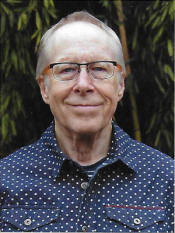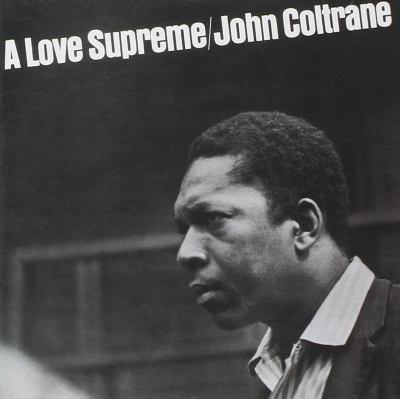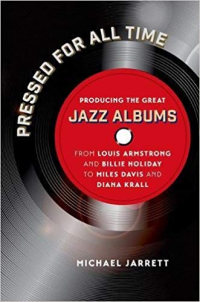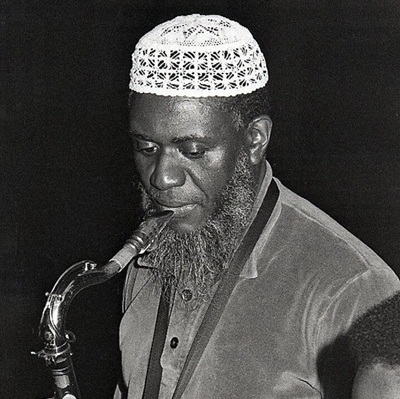.
.
Drawn from interviews with prominent producers, engineers, and record label executives, Michael Jarrett’s Pressed For All Time: Producing the Great Jazz Albums is filled with interesting stories behind some of jazz music’s most historic, influential, and popular recordings. In cooperation with Jarrett and University of North Carolina Press, Jerry Jazz Musician will occasionally publish a noteworthy excerpt from the book, which is now available in trade paperback.
.
In this edition, producer Bob Thiele talks with Jarrett about working with John Coltrane on the classic 1964 Impulse recording, A Love Supreme
.
.
.
.
___
.
.
…..The budget at Impulse was certainly way above the norm for any company making jazz records, but I was always over budget with Coltrane. I was finally told, “You can’t keep recording this guy. We’ll never get these albums out.” Thank God, I continued. Eventually, I recorded him at night, rather than announce, “Hey, today I’m going to be recording John Coltrane.” I preferred to come into the office the next day and say, “Gee, we did a great album with John Coltrane last night!” Fait accompli. You never knew what the hell was going to happen in the record business. A guy could say, “Listen, you’re fired.” It was as simple as that.
…..A Love Supreme was all under John’s control. He just told the guys what he wanted. As I recall, there was nothing written out. He would either sing it, or say it, or he’d tell them what to do. It was the same with Ascension, when he walked in with all those musicians. They played for thirty-two minutes. That was enough for an LP, and there were two takes. Everybody left the studio, and that was it. He blew my mind a bit, but I was excited.
…..Were the executives shocked that “outside” recordings were selling?
…..Yeah, they couldn’t believe it, really. The first time I recorded Pharoah Sanders – there was just a one-shot agreement we had with him – within about three of four months after the album came out, the president of the company called me and said, “You ought to sign this guy and make more records.” We not only sold a lot of Impulse records in the United States; it was a worldwide thing. We were selling in Japan, France, and England – all over.
…..Was there something happening that made people open to that music or do you think that, given the chance, they’d be open to it now?
…..There’s always some sort of a market, probably a small market today, where people are interested in new things, experimental music. But in those days, I can’t really put my finger on it. I found out, while we were really at the height of making all those records, that it was basically [happening] at the college level. College people were really into it before anyone else was. We did a lot of research on it at the time. We found that you could go to a college campus and everyone knew who John Coltrane was. But that didn’t apply to the masses of jazz fans. Most of the critics were against Coltrane anyway. They’d write about him, but it was detrimental.
…..I was involved with what peopled called the militant movement in the sixties. That’s how I got to know Stanley Crouch and LeRoi Jones, who’s now Amiri Baraka. We all became good friends. They assumed that Coltrane was some sort of a militant and that it was coming out in his music, which I don’t think was the case. I don’t think I ever heard him utter a word about the social conditions in the United States or the way in Vietnam. He just played music. He was a very soft-spoken guy. He really didn’t have too much to say. I never heard him rave and rant.
.
.
___
.
.
Listen to “A Love Supreme, Pt. 1 – Acknowledgement”
.
.
_____
.
.
From Pressed for All Time: Producing the Great Jazz Albums from Louis Armstrong and Billie Holiday to Miles Davis and Diana Krall. Copyright © 2016 by Michael Jarrett. Published by the University of North Carolina Press. Used by permission of the publisher. www.uncpress.unc.edu
.
.
___
.
.
photo by Pamela Jarrett

Most of Michael Jarrett’s writing on jazz production appeared in Pulse!, Tower Records’ magazine. His day job, however, was professor of English at Penn State University (York Campus). In addition to .Pressed for All Time, his book about jazz record production, Jarrett wrote. Drifting on a Read: Jazz as a Model for Writing; .Sound Tracks: A Musical ABC; and .Producing Country: The Inside Story of the Great Recordings. He is now retired. He and his wife live in the village of Ojochal, on the southern Pacific coast of Costa Rica.
.
.
.
















































